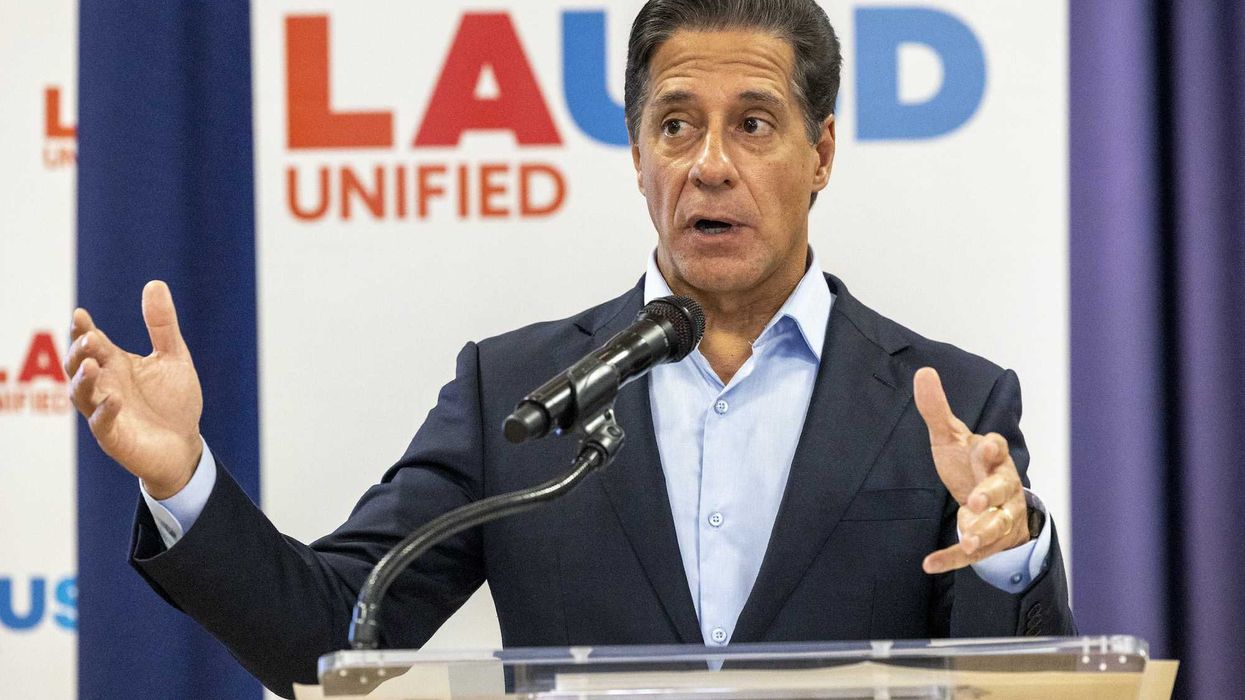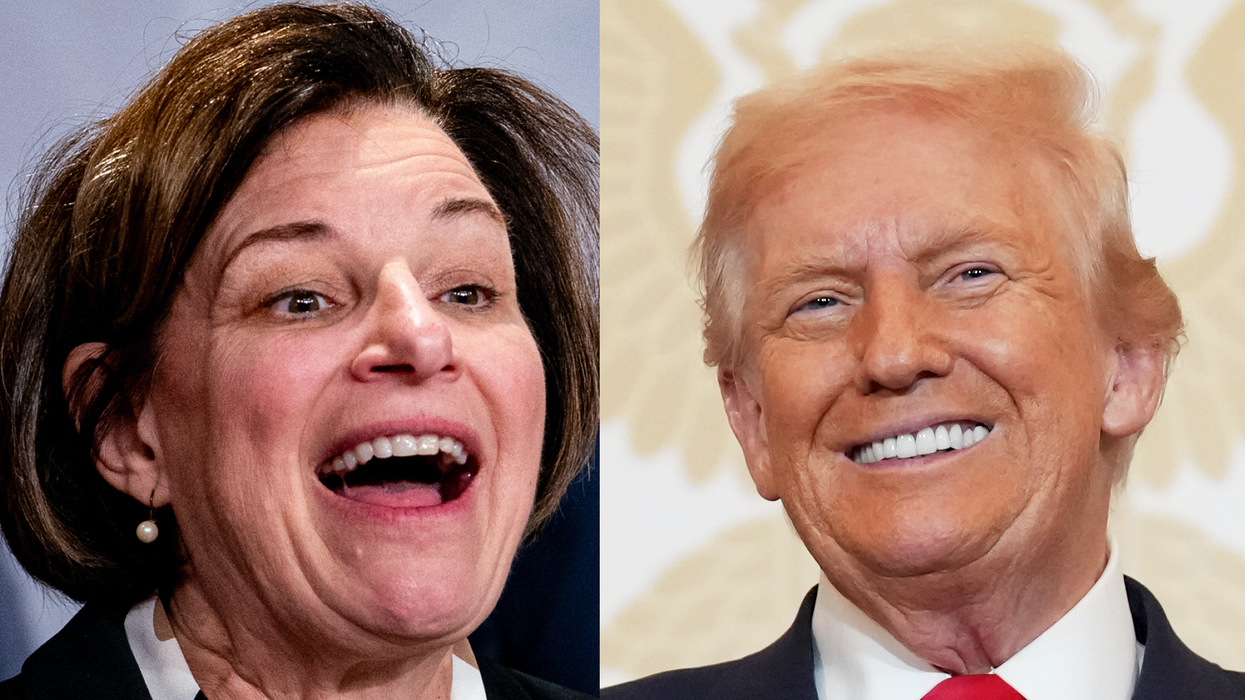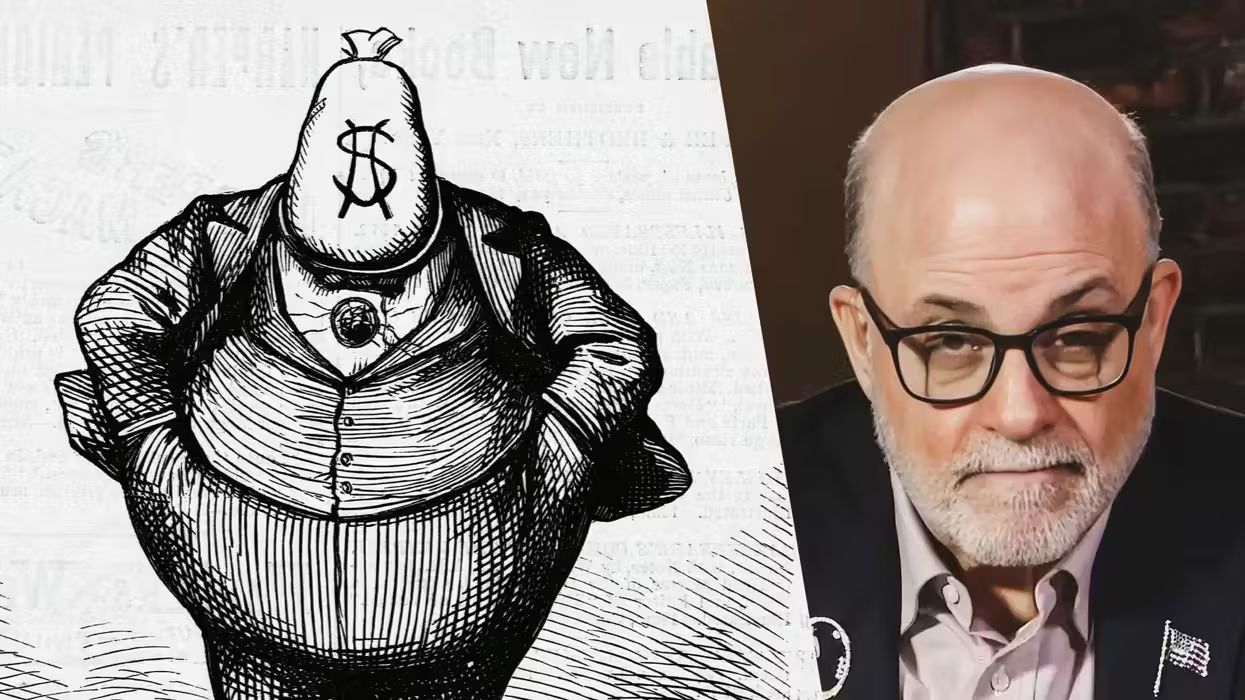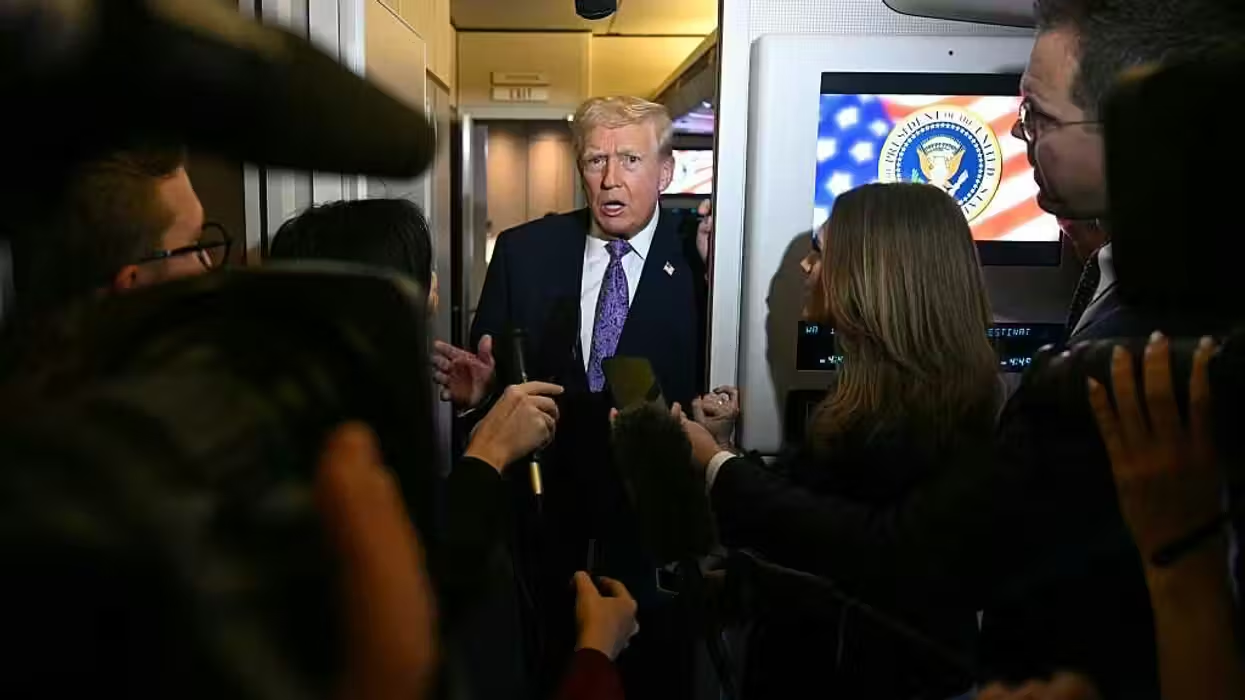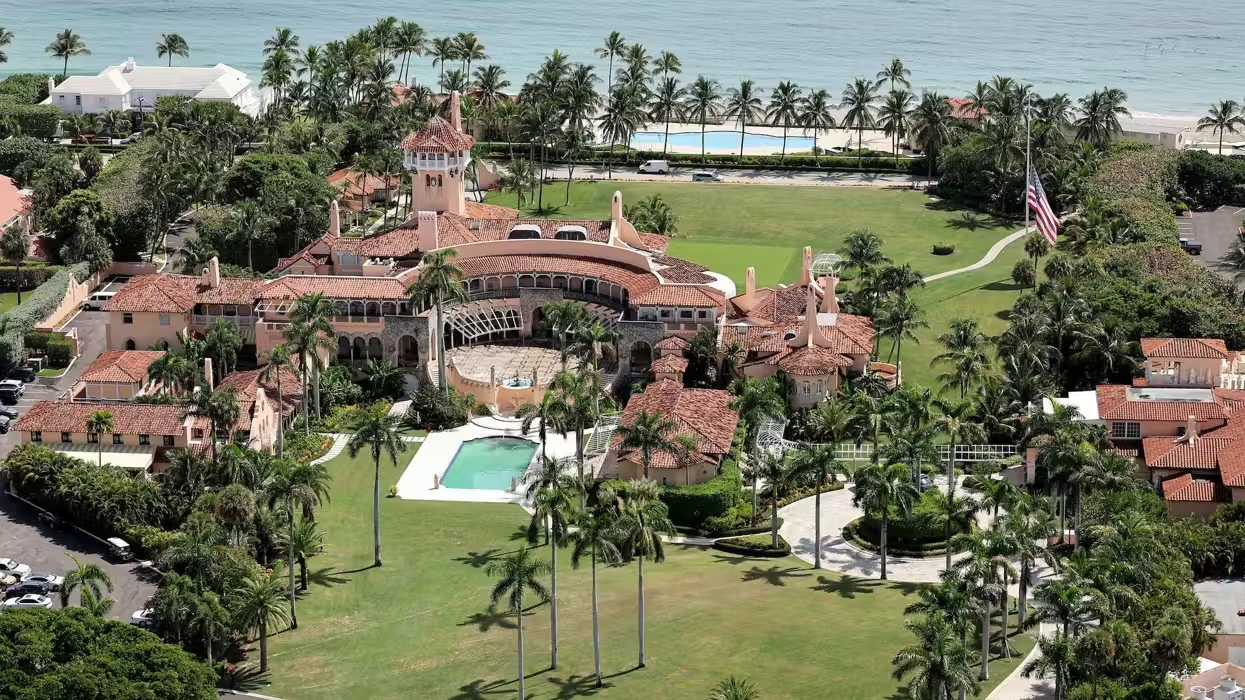
© 2025 Blaze Media LLC. All rights reserved.
"Peanuts."
WASHINGTON – The Obama administration and its allies are going all out against the U.S. Chamber of Commerce and GOP-leaning groups, accusing them of using foreign money to help finance political ads. Trouble is, they're providing no evidence.
The mere idea, lack of proof aside, is part of a Democratic message that tries to tie Republicans to foreign interests and to jobs shifted overseas. On Monday, the liberal group MoveOn.org began airing an ad in Illinois against Senate candidate Mark Kirk using his support from the chamber to link him to foreign corporations that, in the ad's words, "threaten American jobs."
And in Pennsylvania, Vice President Joe Biden kept up the attack on the chamber and other groups that are spending millions of dollars in political ads against Democrats without having to reveal their contributors.
"I challenge the Chamber of Commerce to tell us how much of the money they're investing is from foreign sources," Biden said during a fundraiser for Democratic Rep. Chris Carney in Scranton. "I challenge them, if I'm wrong I will stand corrected. But show me, show me."
Republicans suggest it's more about digging up votes than digging up answers, a sign of desperation by Democrats worried that they're about to lose control of the House.
"We are seeing an attempt to demonize specific groups and distract Americans from a failed economic agenda," Bruce Josten, the chamber's top lobbyist, said after Biden's remarks. "With three weeks until Election Day, it's time to return to the discussion that Americans care most about: job creation."
Using foreign money to pay for political activity is illegal, and the Chamber of Commerce says the minimal amount of money it receives from overseas is carefully segregated from political spending. The chamber says its 115 foreign business councils, known as "AmChams," pay a total of about $100,000.
"There is no evidence at all that the chamber has done anything illegally," said Richard L. Hasen, an expert on election law at Loyola Law School in Los Angeles. But he also noted that the potential for impropriety exists with any organization that accepts funds that would be illegal if spent on politics.
To be sure, money that is segregated for other purposes can free legal funds for political uses.
But the chamber is hardly alone. A number of labor unions and advocacy groups that participate in politics have foreign affiliates and overseas donors. By law, these groups must make sure no foreign funds are used to advocate for or against political candidates. What's more, foreign companies with United States divisions can create political action committees that accept donations from their U.S. employees.
Those foreign-connected PACs have contributed more than $12 million to political candidates this election cycle, with more than half going to Democrats, according to the Center for Responsive Politics, a nonpartisan group that tracks political money. PACs must itemize and identify the source of all contributions more than $200.
Nonprofit tax exempt groups, such as the U.S. Chamber of Commerce, are not required to reveal their contributors. Neither are outside groups such as Crossroads Grassroots Policy Strategies, an organization created this year with the help of Republican strategist Karl Rove that has also become a target of Democrats for its extensive spending in Senate campaigns.
The lack of disclosure makes it easier to mount an attack that suggests either illegality or outsize influence by corporations and millionaires.
"The problem is not that the allegation is not a big deal," said Hasen, of Loyola Law School. "The problem is that the allegation is not backed by any facts."
James Bopp, an election lawyer who has argued for fewer restrictions in campaign finance laws, said the administration's attacks show "the irony of a president who promised to bring us to higher standard who now has gone to the lowest possible standard."
Hasen proposes that to ensure that organizations involved in politics do not misuse money, the government could undertake random audits that would serve as a deterrent for improper activity. Hasen says such audits would not be made public unless they discovered evidence of illegal activity.
Bopp argues that even the threat of audits for political activity would chill free speech.
The merits of the Democrats case aside, the claims of foreign influence are part of a broader message that attempts to answer Republican attacks that Democrats are not doing enough to fix the economy and improve employment.
"What you have is an effort to buy a Congress that will serve an agenda of big Wall Street banks, the big insurance companies and other special interests that benefit from the offshoring of American jobs," said Rep. Chris Van Hollen, the head of the Democratic congressional Campaign committee.
It's unclear whether the tactic will work, and it threatens to place moderate Democrats who have business support in an awkward spot.
At the same time, issues of campaign finance seldom rise to the top of voter interests. And connecting candidates to the chamber and then to the outsourcing of jobs can be a complex message to deliver in 30 seconds. One academic compared it to intricate algebraic number theory.
"It's like trying to explain Fermat's Last Theorem," Rutgers political scientist Ross Baker said. "I don't think people are engaged by it."
___
Associated Press Writer Julie Hirschfeld Davis contributed to this article.
Want to leave a tip?
We answer to you. Help keep our content free of advertisers and big tech censorship by leaving a tip today.
Want to join the conversation?
Already a subscriber?
more stories
Sign up for the Blaze newsletter
By signing up, you agree to our Privacy Policy and Terms of Use, and agree to receive content that may sometimes include advertisements. You may opt out at any time.
Related Content
© 2025 Blaze Media LLC. All rights reserved.
Get the stories that matter most delivered directly to your inbox.
By signing up, you agree to our Privacy Policy and Terms of Use, and agree to receive content that may sometimes include advertisements. You may opt out at any time.
